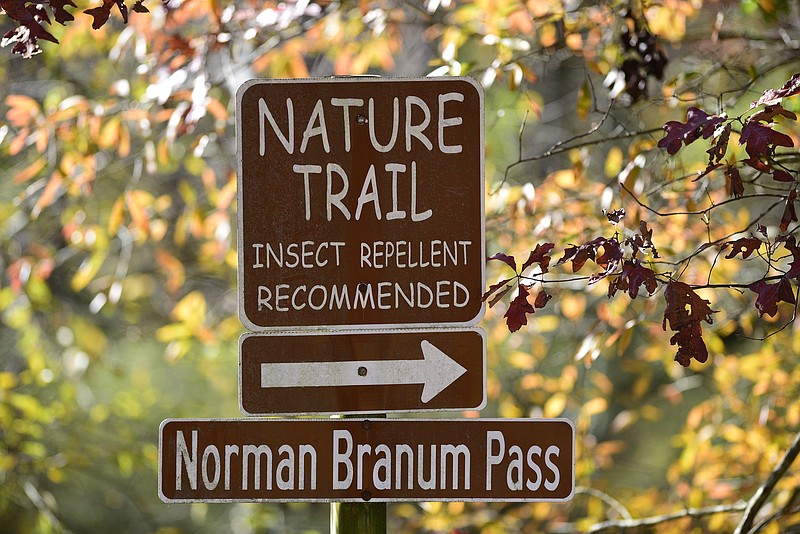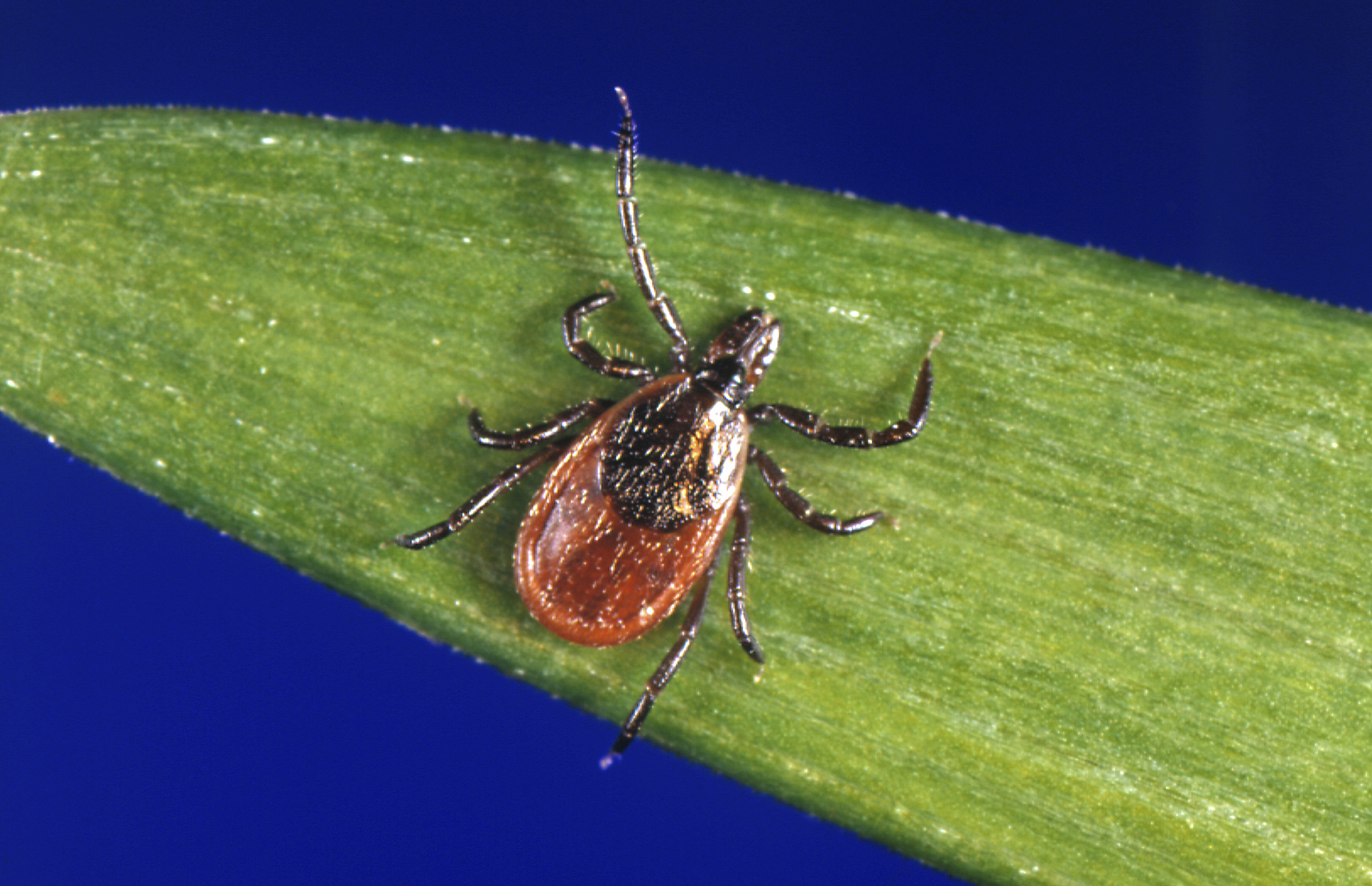I hope you will agree that I have always been honest with you. Everything in life is not sunshine and roses, and that includes the outdoors. We must recognize this and make the best of it.
This is as good a way as any I know to talk to you about ticks.
If you grew up like I did, tramping the woods and fields almost daily, dealing with ticks was a common occurrence, at least in the summer. If you had hunting dogs around, as we always did, you were almost assured of close encounters with ticks. We pulled ticks, large and small, off our dogs (and sometimes me) with impunity; it was no big deal. Today we know a lot more about ticks and the diseases they may carry.
Hunters, fishermen, hikers and anyone who spends time out of doors are going to be exposed to ticks. It's just part of the deal when we go outside. The more informed you are about these woodland pests, the better you can deal with them and spend more time in the woods.
There are thousands of biting insects in the world, but ticks belong to a family of arachnids (they are not insects) and are external parasites that live by hematophagy, meaning they suck the blood of their host. The main divisions in the tick family are Ixodidae, which are known as the "hard" ticks, and Argasidae, the soft ticks.
The hard ticks are distinguished by a tough outer covering or scutum. This is what makes the small ticks of this family, before they become engorged with blood, difficult to smash. On soft ground, these ticks can easily withstand treading on them with your boot. The hard ticks are known to painlessly bite the host and may feed for a long period of time, another reason to diligently check for ticks after venturing into tick-prone areas.
(A hunting buddy of mine was embarrassed to have his doctor find one in his belly button.)
Hard ticks are likely the type we see most frequently. The wood tick or American dog tick may be the most familiar to those of us in the Southeast. This tick is dark reddish brown with a white crest-like emblem just behind the head. The black-legged or deer ticks are also numerous, and many scientists believe this is the type of tick most likely to carry Lyme disease. Deer ticks are extremely small in the larval stage, about the size of the period at the end of this sentence.
Soft ticks are different in that they may have a different life cycle from hard ticks, and soft ticks generally feed differently. Many soft ticks have a painful bite and do not stay attached to the host for long. Soft ticks common in North America are said to prey primarily on birds and rarely attack humans. (I'm not so sure about that.)
Ticks may carry a wide array of diseases - Rocky Mountain spotted fever, Colorado tick fever, babesiosis and ehrlichiosis, just to name a few. Lyme disease has become the famous tick-borne malady in recent years. It is often misdiagnosed or may go years without being discovered at all, but Lyme disease is serious business, folks. After having my dogs and some of my family exposed to it, I am saying all of us as hunters and outdoorsmen need to take it more seriously. If you think it is possible that you have a tick bite and may have been exposed to Lyme disease, talk to your doctor and ask about getting tested.
Ticks have two main requirements to flourish: a climate high enough in humidity to keep them hydrated and a large host population, generally mammals. In other words, the honey hole you like to hunt, the one with a bunch of deer, likely has a lot of ticks. There is really no way to avoid being exposed to ticks outdoors, so all you can do is try to protect yourself.
Your best protection from a tick bite and the subsequent diseases that could follow is keeping a tick from reaching your skin. This may not be possible 100% of the time, but these measures will certainly help:
1. Wear long pants and stuff the pants legs into your boots. Most ticks will be at ground level, and this keeps the tick from crawling up your leg onto your skin. Lightweight gaiters will help even more.
2. Spray your boots and pants legs with an insecticide efficient against ticks. Many experts advise an insecticide containing permethrin, which has been found to be very effective on ticks. Be aware that permethrin is toxic to cats and fish.
3. Upon returning from the woods, do a diligent search all over your body for ticks. Check everywhere. (Everywhere means everywhere.) Remember, larval ticks can be incredibly small. Putting whatever you were wearing in a very hot dryer for 15 minutes should kill any ticks on your clothing.
4. If you find an imbedded tick, remove it immediately. Using a pair of fine- tipped tweezers, grasp the tick by the head, not the body, and pull firmly straight up. Store the tick in a resealable plastic bag if you intend to visit the physician about a possible infection. Disinfect the wound area thoroughly.
"The Trail Less Traveled" is written by Larry Case, who lives in Fayette County, W.Va. You can write to him at larryocase3@gmail.com.


